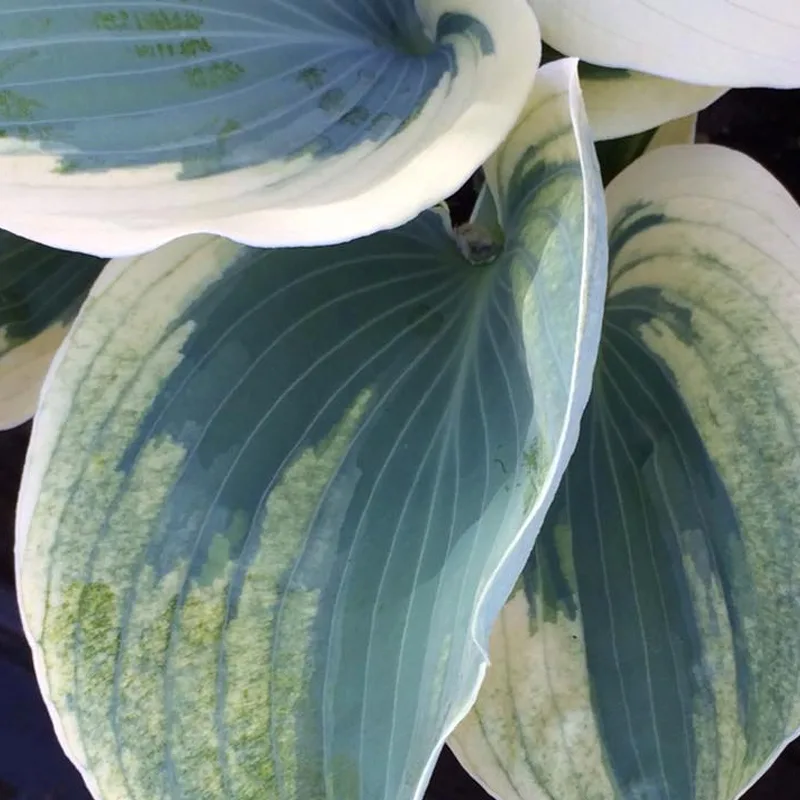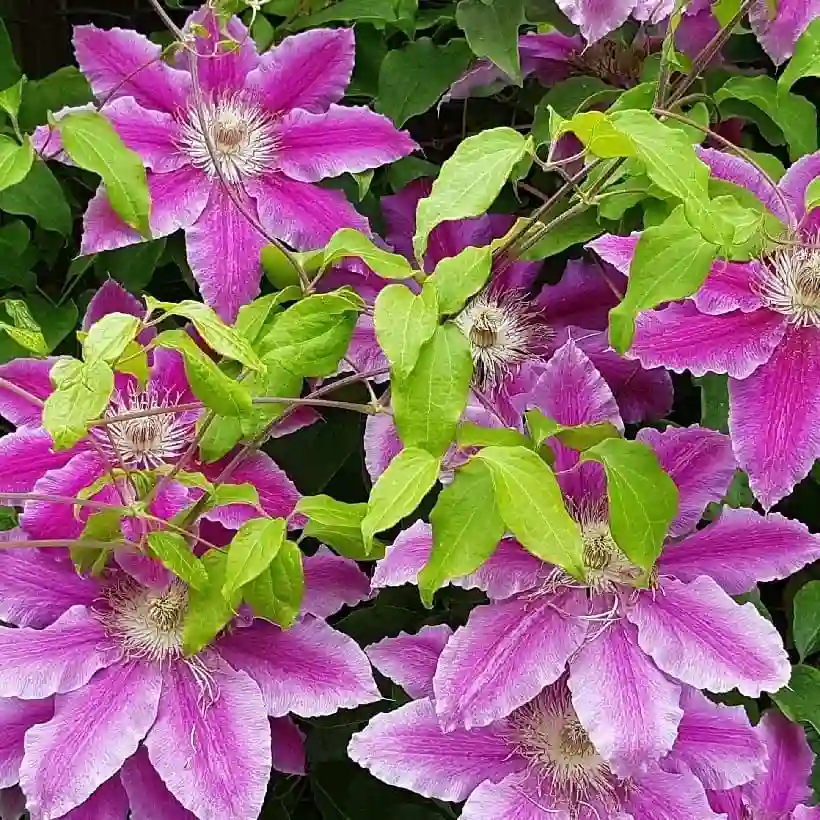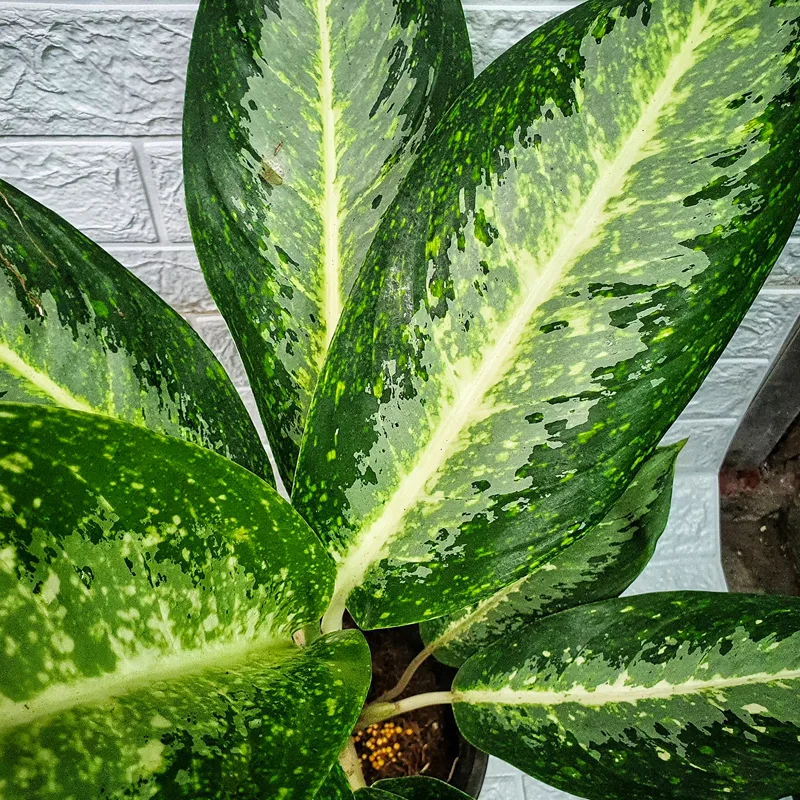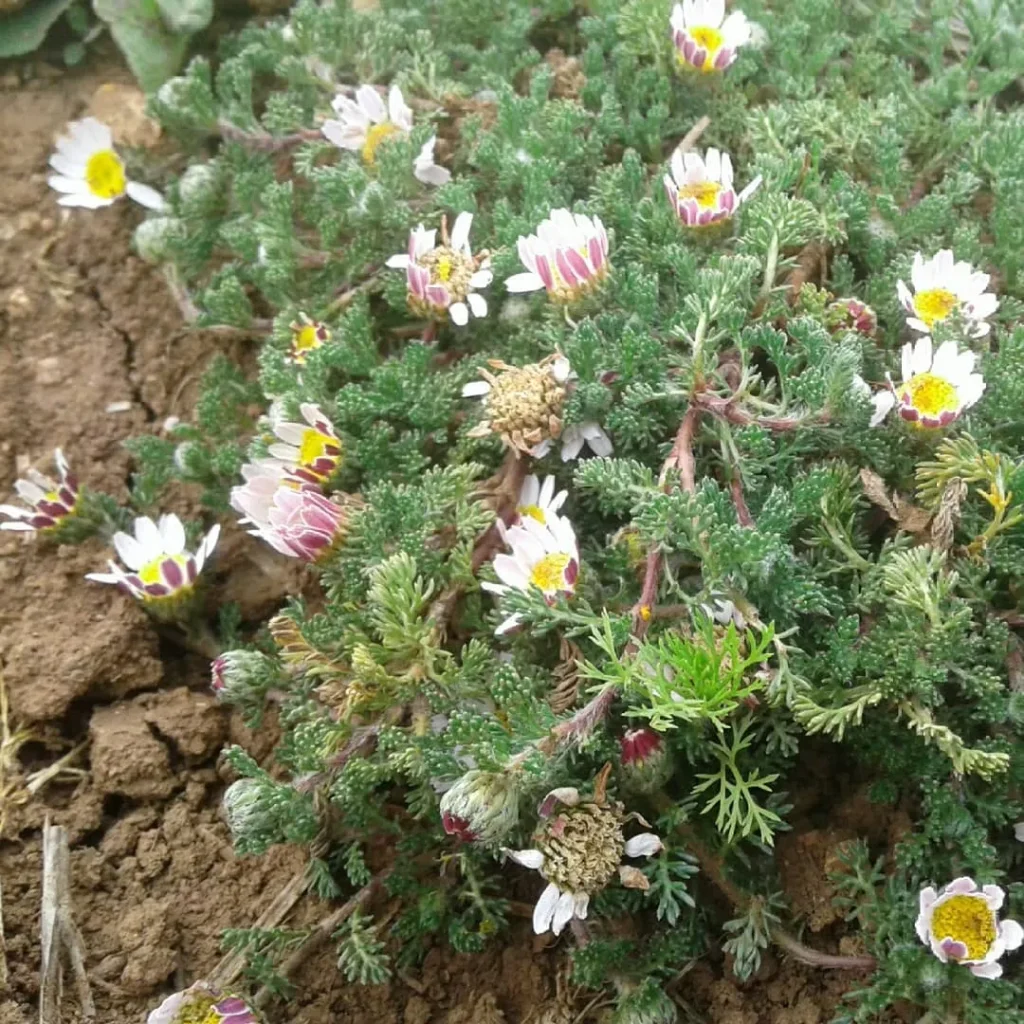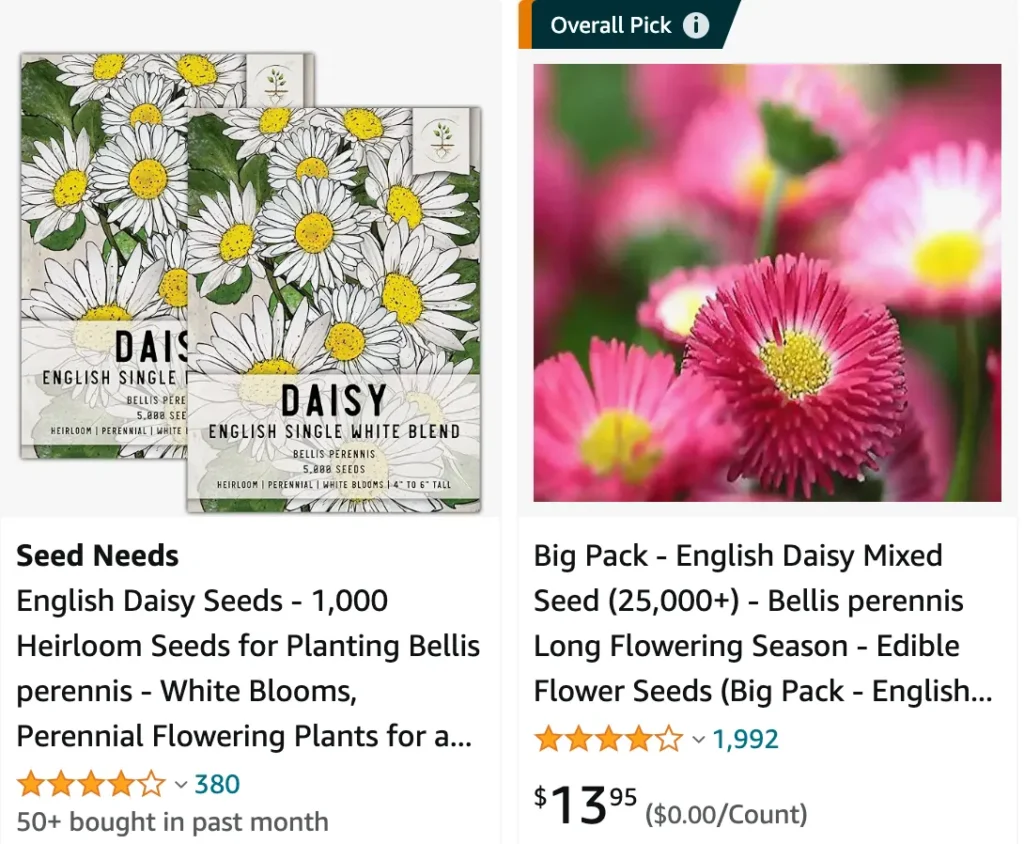
What is bellis perennis? What is the common name of bellis perennis?
Bellis perennis, commonly known as the English daisy, is a charming little perennial herbaceous plant. I have some growing in my garden, and they’re delightful with their small, white and pink flowers that resemble dainty daisies.
14 Species in Genus Bellis
Bellis Perennis vs Leucanthemum Vulgare
In my garden, Bellis Perennis, with its charming, compact blooms, feels like a cheerful little gem compared to the robust and sprawling Leucanthemum Vulgare, which has always struck me as more of a classic, no-fuss flower that dominates its space with a carefree abundance.
What does bellis perennis mean?
The Latin name “Bellis perennis” translates to “eternal beauty” or “everlasting beauty.” I find this name quite fitting because these flowers have a timeless appeal and seem to bloom endlessly throughout the growing season.
What is bellis perennis used for?
English daisies like Bellis perennis have several uses. Besides being a lovely addition to garden borders and rockeries, they’re also used in herbal medicine for their mild astringent properties. Some people make tea from the leaves, claiming it helps with digestive issues, but I haven’t personally tried it.
How to grow bellis perennis from seed?
Growing Bellis perennis from seed is relatively simple. I usually sow the seeds directly into well-draining soil in the early spring or late summer. They prefer cool temperatures and moist soil to germinate, so I keep the soil consistently moist until the seedlings emerge.
Is bellis perennis a perennial?
Yes, Bellis perennis is a perennial plant, meaning it comes back year after year. This makes it a great choice for gardeners looking for low-maintenance plants that provide long-lasting beauty.
Is bellis perennis invasive?
While Bellis perennis is not typically considered invasive, it can spread readily under the right conditions, forming dense mats of foliage and flowers. I haven’t had any issues with it taking over my garden, but I do keep an eye on its growth and occasionally thin it out if needed.
Is bellis perennis toxic to dogs?
English daisies like Bellis perennis are not toxic to dogs, which is good news for pet owners like myself. My dog occasionally sniffs around the garden but has never shown any interest in eating the daisies.
Is bellis perennis deer resistant?
Bellis perennis is generally considered deer resistant, as deer tend to avoid plants with strong scents or tough foliage. However, if deer are particularly hungry or if other food sources are scarce, they may nibble on the flowers and leaves.
When to plant bellis perennis?
The best time to plant Bellis perennis is in the early spring or early fall when the weather is cool and the soil is moist. I usually plant mine in early spring so they have time to establish themselves before the heat of summer sets in.
Where to buy bellis perennis?
You can buy Bellis perennis seeds or seedlings at nurseries, garden centers, or online retailers that specialize in plants and seeds. I’ve seen them available at local garden stores and also ordered them online for convenience.
Can bearded dragons eat bellis perennis?
While English daisies like Bellis perennis are not toxic to bearded dragons, they’re also not a natural part of their diet. It’s always best to stick to foods specifically recommended for your pet’s health and well-being.
Can horses have bellis perennis?
I wouldn’t recommend feeding Bellis perennis to horses, as it’s not a typical part of their diet and could potentially cause digestive upset or other health issues.
Does fresh thyme carry bellis perennis?
Fresh Thyme, the store, typically doesn’t carry Bellis perennis plants or seeds. They focus more on culinary herbs and garden plants suited for cooking and seasoning.
How many petals does bellis perennis have?
Bellis perennis flowers usually have around 40 to 60 white or pink petals arranged in multiple layers around a yellow center, giving them their classic daisy-like appearance.
Is bellis perennis edible?
While Bellis perennis is technically edible and has been used in herbal medicine, it’s not commonly consumed as food. Some people add the leaves to salads for a slightly bitter flavor, but I prefer to enjoy them as a garden ornamental rather than as a snack.
If i die, water my plants!
